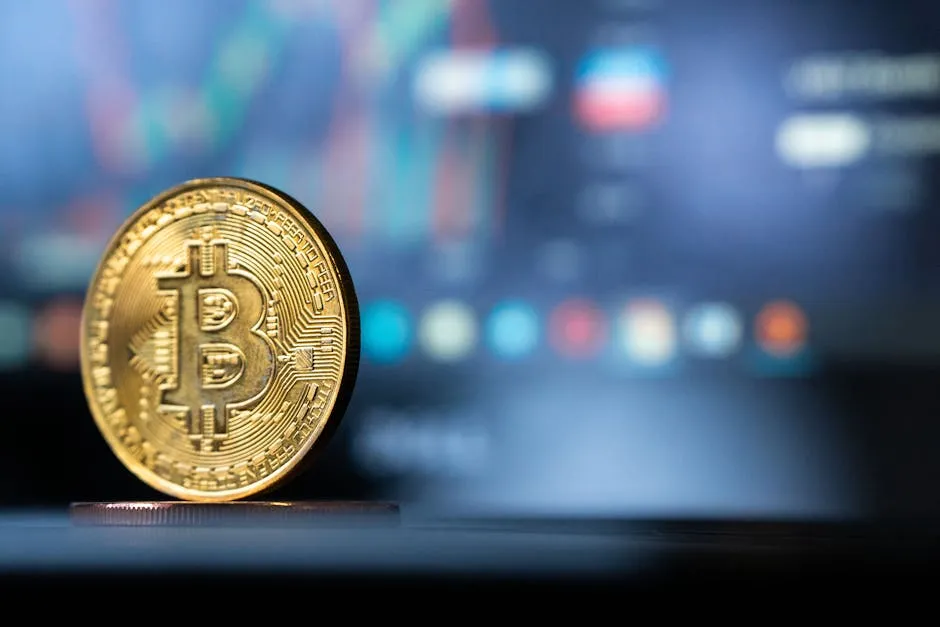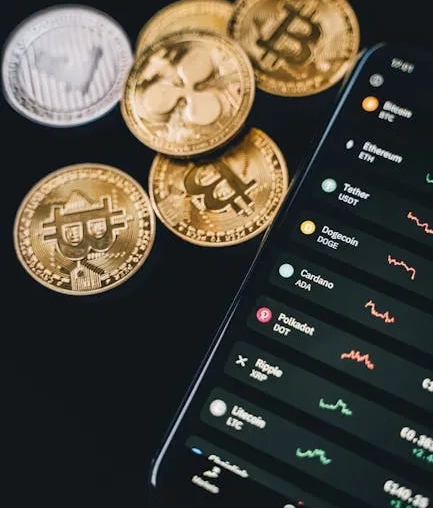
Introduction
The evolving landscape of cryptocurrency is witnessing significant shifts, particularly with the recent updates to Google Play’s policies regarding decentralized finance (DeFi) applications. These changes could have far-reaching implications for decentralized exchanges (DEXs), potentially restricting their availability in key markets such as the U.S. and the EU. In this article, we will explore the ramifications of Google Play’s new crypto rules and what they mean for the future of DeFi applications.
What Are the New Rules?
Google Play has announced a series of new regulations aimed at cryptocurrency-related applications. These guidelines specifically target the operations of decentralized exchanges, which have gained popularity due to their user-centric models that allow for peer-to-peer trading without the need for intermediaries. The proposed changes may lead to a ban on these platforms from Google’s app store in significant jurisdictions, including the United States and European Union.
The Impact on DeFi Applications
Decentralized finance applications have been at the forefront of the crypto revolution, providing innovative financial services that challenge traditional banking systems. With the new restrictions imposed by Google Play, many DeFi applications could find themselves unable to reach a broad audience. This limitation could stifle innovation within the DeFi space and restrict users’ access to vital financial tools.
Potential Market Exclusion
By limiting the availability of DEXs on its platform, Google Play could inadvertently push these applications underground, making them less accessible to the average user. This scenario raises concerns about market fragmentation, where users may need to rely on less reputable or less secure platforms to access DeFi services. The ban could also hinder the growth of legitimate projects that comply with the new regulations.
Challenges for Developers
For developers, navigating the new rules will present a significant challenge. Many will need to either pivot their business models or seek alternative distribution methods to reach their target audiences. This could lead to increased operational costs and complexity, as developers weigh the benefits of creating compliant applications against the potential loss of user engagement and market presence.
Conclusion
As Google Play implements these new crypto regulations, the future of DeFi applications hangs in the balance. The potential ban on DEXs in major markets could have a profound impact on the accessibility and growth of decentralized finance. Stakeholders in the crypto community must closely monitor these developments and advocate for fair regulations that support innovation while ensuring user protection. The path forward remains uncertain, but one thing is clear: the regulatory landscape is evolving, and its implications for DeFi will be significant.



